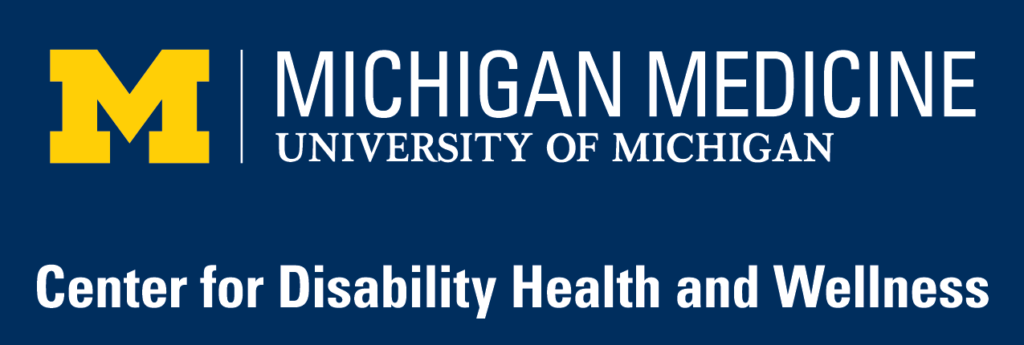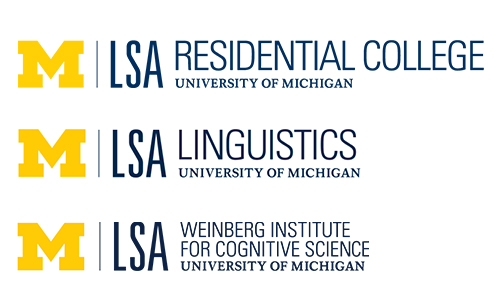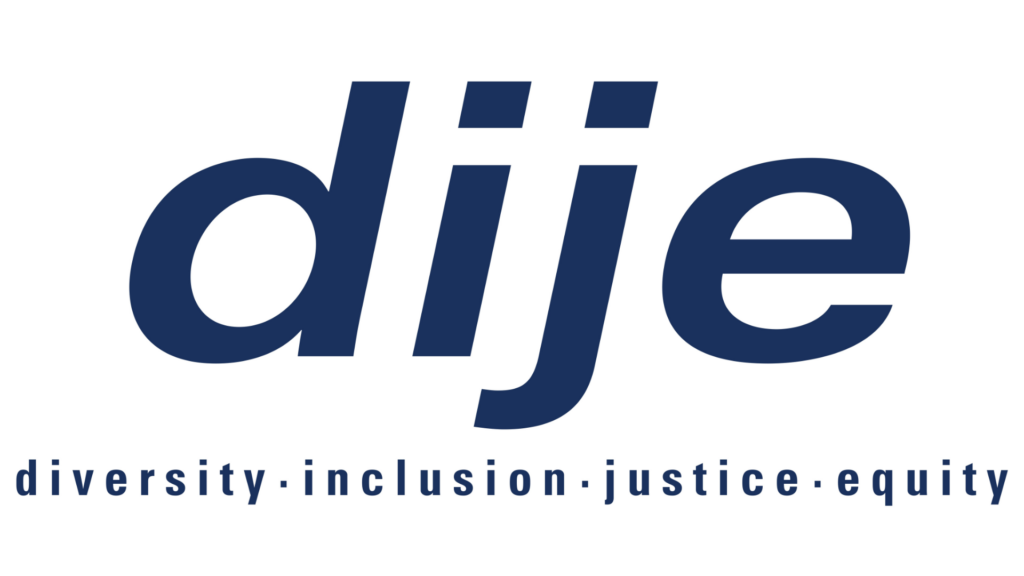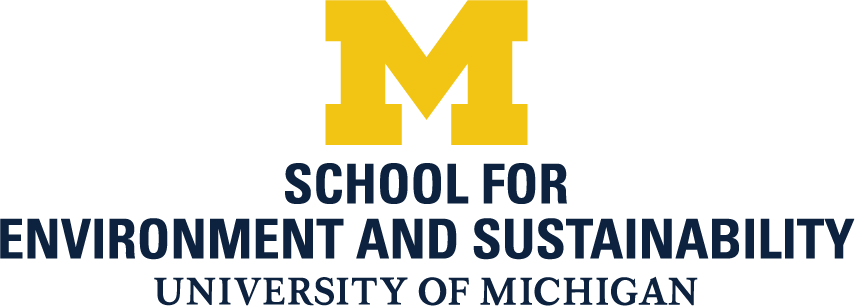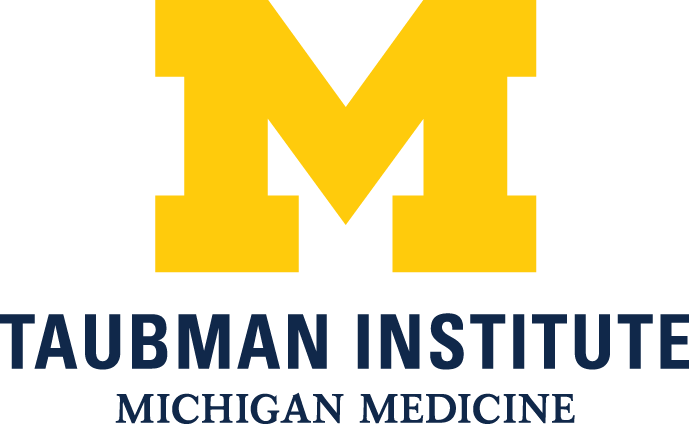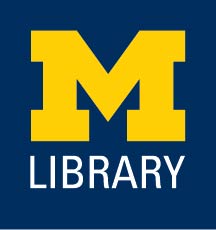

Recording Available Here
Thursday, April 11, 2024
9:00AM to 5:00PM
North Campus Research Complex – Building 18, “The Football” Auditorium
Welcome to the University of Michigan information page for the Beautiful Minds: Neurodiversity, Equity and Inclusion Conference.
This conference culminated as a result of a group of staff volunteers seeking to make a difference in a space that touches each of us in various ways. As the team navigated, researched, and connected in this space, we teamed up with a group of Undergraduate Research Opportunities Program (UROP) students and built relationships with institutional partners as we champion and advocate for our University community members who navigate neurodiversity.
With the generous support of our institutional sponsors, we are excited to bring you a conference that focuses on building awareness and support for the University of Michigan’s community that navigates the challenges of neurodiversity. As we worked on the project, we have learned that there are many in our community who navigate, interact, and experience the invisible variations of capabilities and communication within neurodiversity. We understand that when you meet one person who is neurodivergent, you have met only one person who is neurodivergent.
Throughout this process we have also connected with many in our U-M community, we have heard your stories, your concerns and your ideas. By far, the feedback we heard most often centers around support and awareness for those who may navigate neurodiversity, whether it is self, our loved ones, co-workers, faculty, students, patients, etc. The aim of our work seeks to bring awareness to neurodiversity at our institution and identify resources to supports inclusive environments, that champion all community members and bring the dialog of neurodiversity, equity and inclusion to the forefront.
Through this work, we’ve also connected with the University of Melbourne (Australia) Neurodiversity Project and Stanford Neurodiversity Project as we look to evolve our own efforts. During the conference we will highlight work taking place at the University of Melbourne and Stanford University, and highlight initiatives underway at the University of Michigan.
The Conference will take place April 11, 2024, at the North Campus Research Center (NCRC) “The Football” Auditorium. The event is in-person and will also be live streamed.
Registration is free to the University of Michigan community and we look forward to seeing you there.
Sincerely,
MSPICY Team Members (volunteers): Sebastian Beckley, Liam Benton, Andy Brosius, Annalisa DeGuzman, Kathy Ignatoski, Beth Jakubowski, Chris Laurinec, Christine Lightner, Jesse Miller, Sally Mo, Aimee Piehl, Jenna Santamaria, Jack Seel, Sara Turner, and Sandy Zalmout
Recording Coming Soon!!!
REGISTRATION CLOSED
Much work lies ahead and your support is greatly appreciated as we continue to move ahead. Please use the DONATE button below to support this important work. Your contribution and support matters. For more information, please contact Neurodiversity.Project@umich.edu.

Keynote Speakers
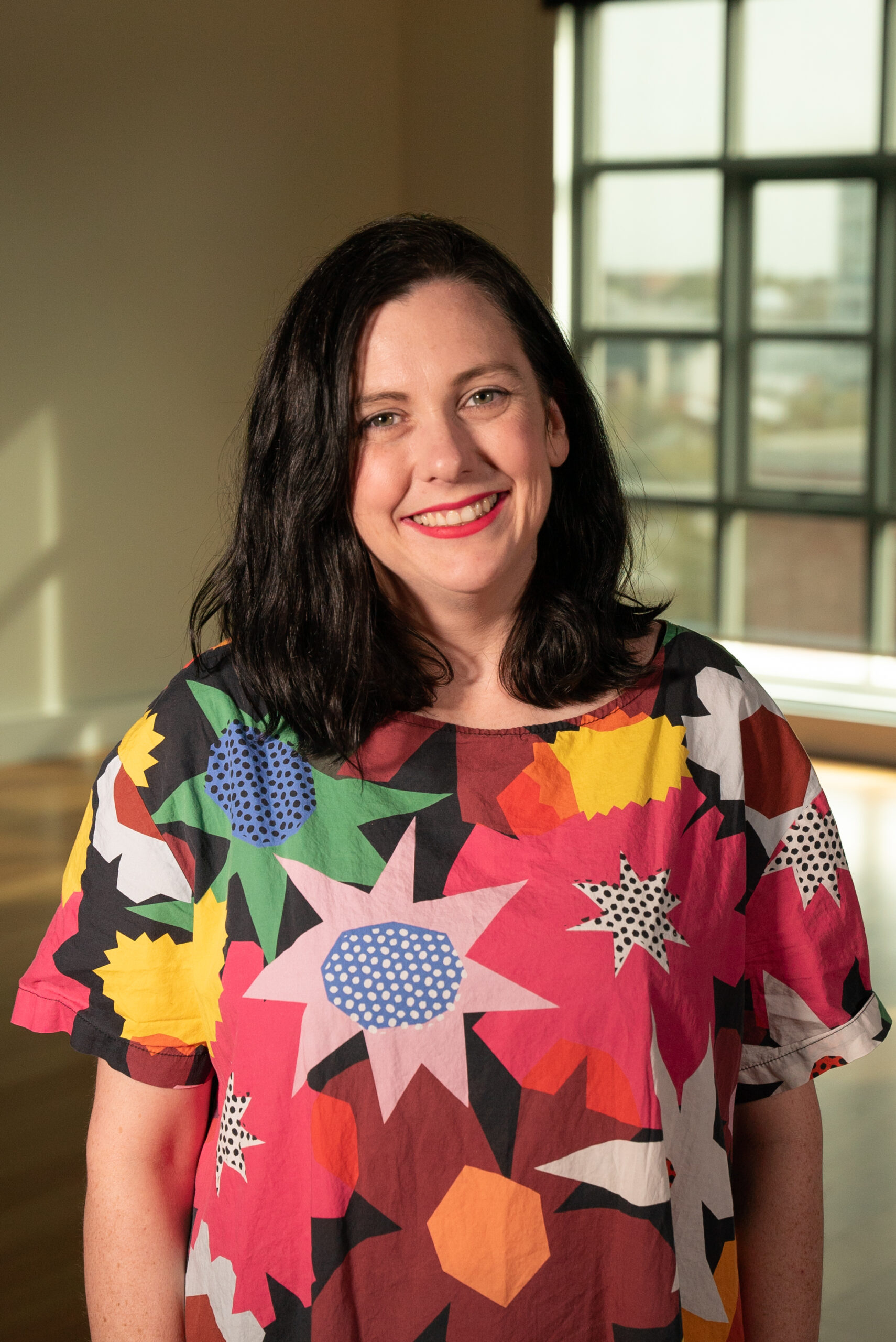
Dr. Jessica Riordan
Director, University of Melbourne, Neurodiversity Project
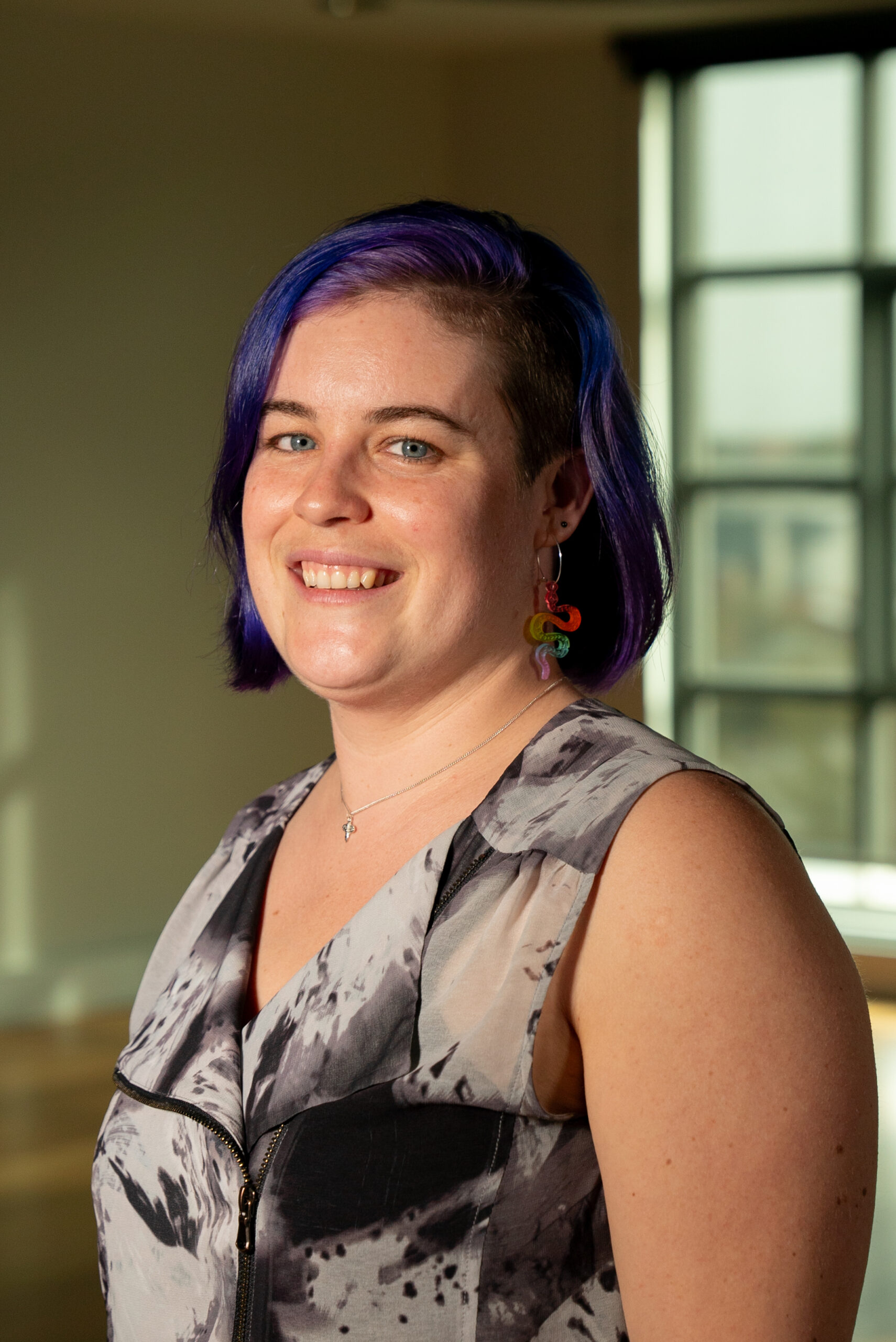
Dr. Sarah Timperley
Director, University of Melbourne, Neurodiversity Project
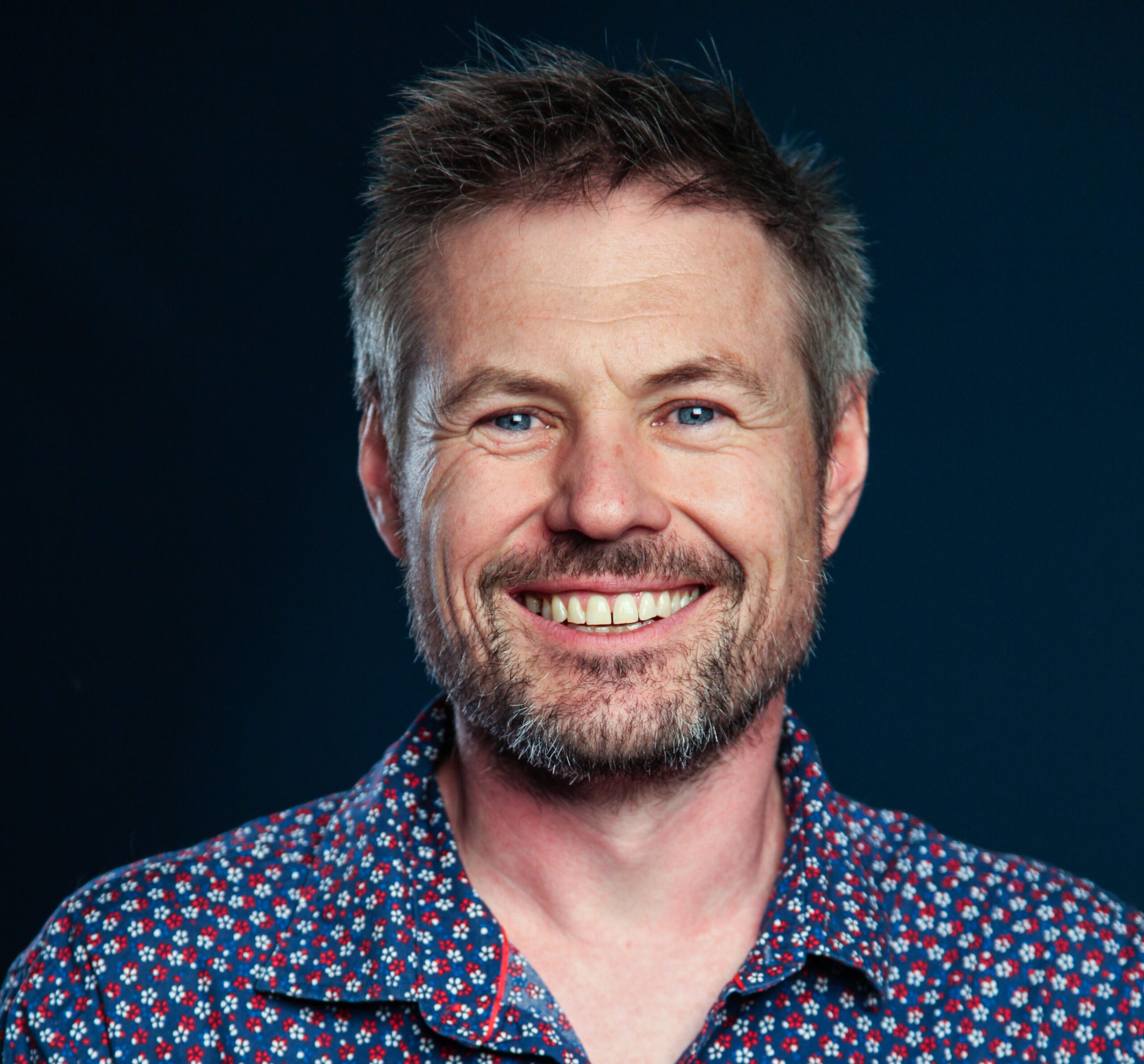
Dr. Matthew Harrison
Director, University of Melbourne Neurodiversity Project
Overview of the University of Melbourne Neurodiversity Project
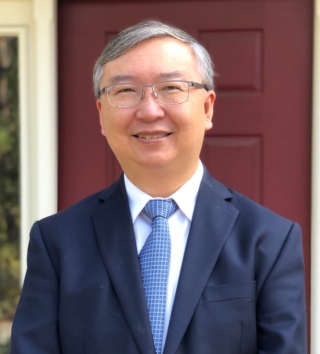
Dr. Lawrence Fung
Director, Stanford Neurodiversity Project
The Stanford Neurodiversity Project
What is Neurodiversity?
Neurodiversity is a concept that regards individuals with differences in brain function and behavioral traits as part of normal variation in the human population.
The movement of Neurodiversity is about uncovering the strengths of neurodiverse individuals and utilizing their talents to increase innovation and productivity of the society as a whole.
Our Key Objectives
Establish a culture that treasures the strengths of neurodiverse individuals.
Empower neurodiverse individuals to build their identity and enhance their long-term skills of daily living throughout the lifespan.
Attract talented neurodiverse individuals to study and work at Stanford.
Train talented individuals to work with the neurodiverse population.
Disseminate the Stanford Neurodiversity Model locally, nationally, and internationally.
Maximize the potential of neurodiversity.
The Stanford Neurodiversity Project also includes the Neurodiversity at Work Program, which “(examines) the effects of specialized employment support programs with adults with autism.”
Presenters
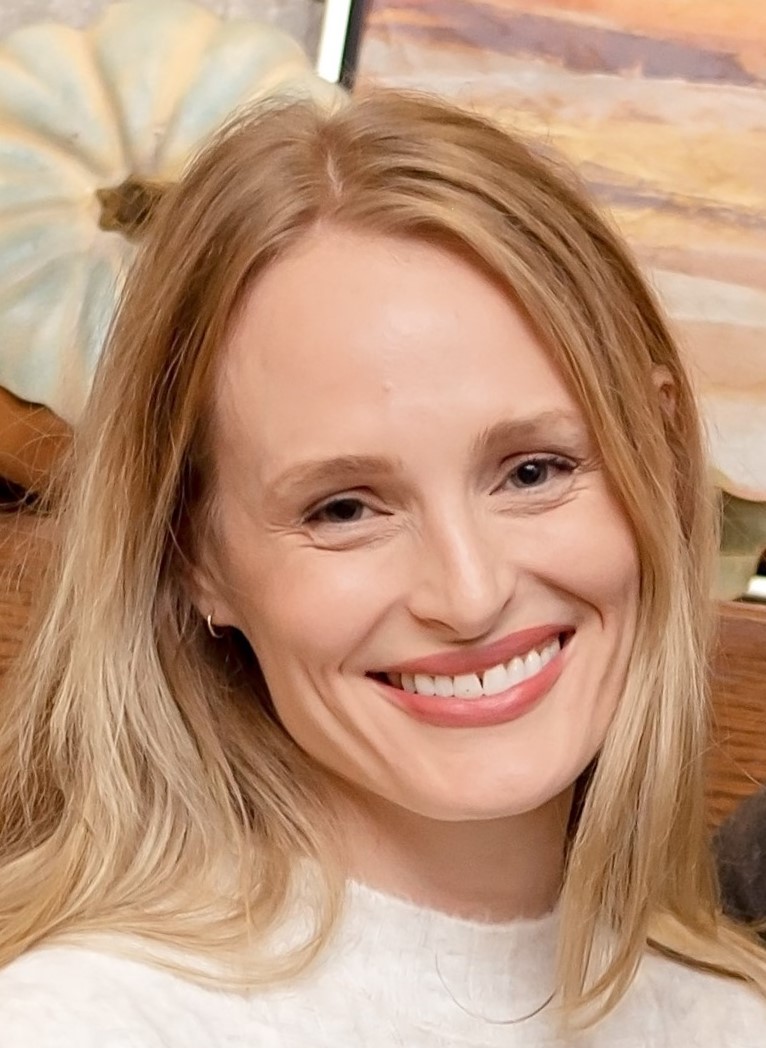
Dr. Megan Honor Pesch
Assistant Professor of Pediatrics,
University of Michigan
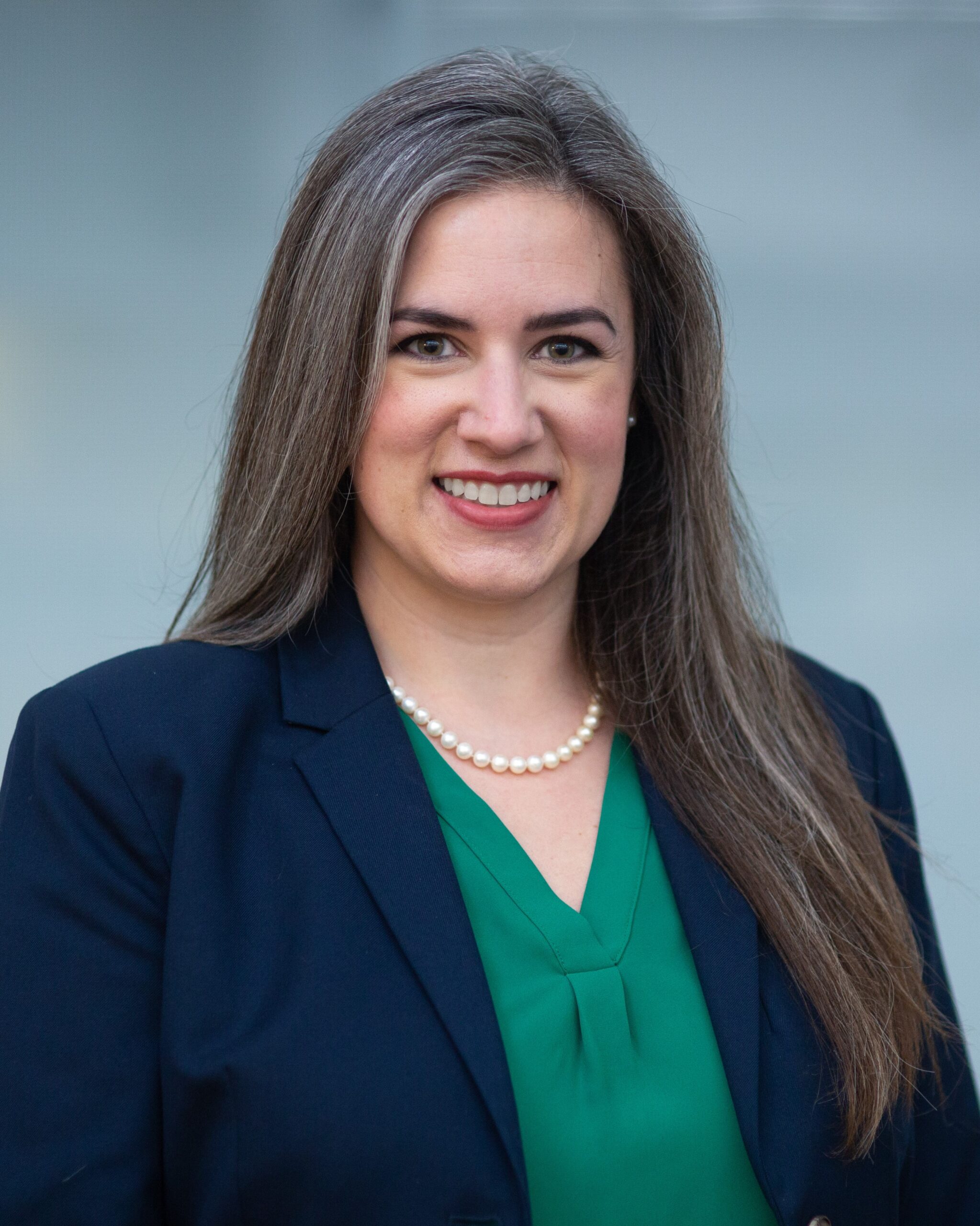
Dr. Haylie Miller
Assistant Professor, University of Michigan
School of Kinesiology
Dr. Miller earned her undergraduate degree from Vanderbilt University in 2006, double-majoring in psychology and music. She earned her master’s and doctoral degrees in psychology from the University of Texas at Arlington in 2009 and 2012. She completed postdoctoral fellowships focused on sensorimotor functioning in autism at the University of Texas Southwestern Medical Center and at the University of North Texas Health Science Center, where she held a tenure-track position in the Department of Physical Therapy before joining U-M in 2021.
Dr. Miller studies how movement and vision develop across the lifespan in autism and other neuro-developmental conditions, and how these skills affect functional mobility. She uses a multidisciplinary approach, drawing on theories and methods from the fields of psychology, child development, movement science, and engineering. She has received continuous support for her research from the National Institutes of Health (NIH) since 2015, as well as support from the National Science Foundation (NSF) and other foundation and institutional awards.
Dr. Miller was nominated for the Association for Psychological Science “Rising Star” Award in 2017. She is an alumna of the Texas Center for Health Disparities STAR Leadership Program, and the UT Southwestern Clinical and Translational Research Scholars Program. Most recently, she was selected as a 2023 NSF Disability & Rehabilitation Engineering Fellow and a 2023 Claude D. Pepper Older Americans’ Independence Center Research & Education Core Fellow.
Dr. Miller is passionate about partnering with the neurodivergent community to increase awareness, acceptance, inclusion, and representation. She has served on multiple local, state, and national boards related to autism, and has a special interest in facilitating the development of inclusive and accessible programming in the arts and in community organizations. She co-leads the University of Michigan’s KidSport Adaptive Summer Camp and consults on autism-related programming development for the Georgia Academy for the Blind.
Dr. Miller’s work has been shaped and strengthened by the candid, thoughtful guidance of neurodivergent people, including the Motor & Visual Development Lab’s Community Advisory Team members, research participants, trainees, colleagues, friends, and family members.
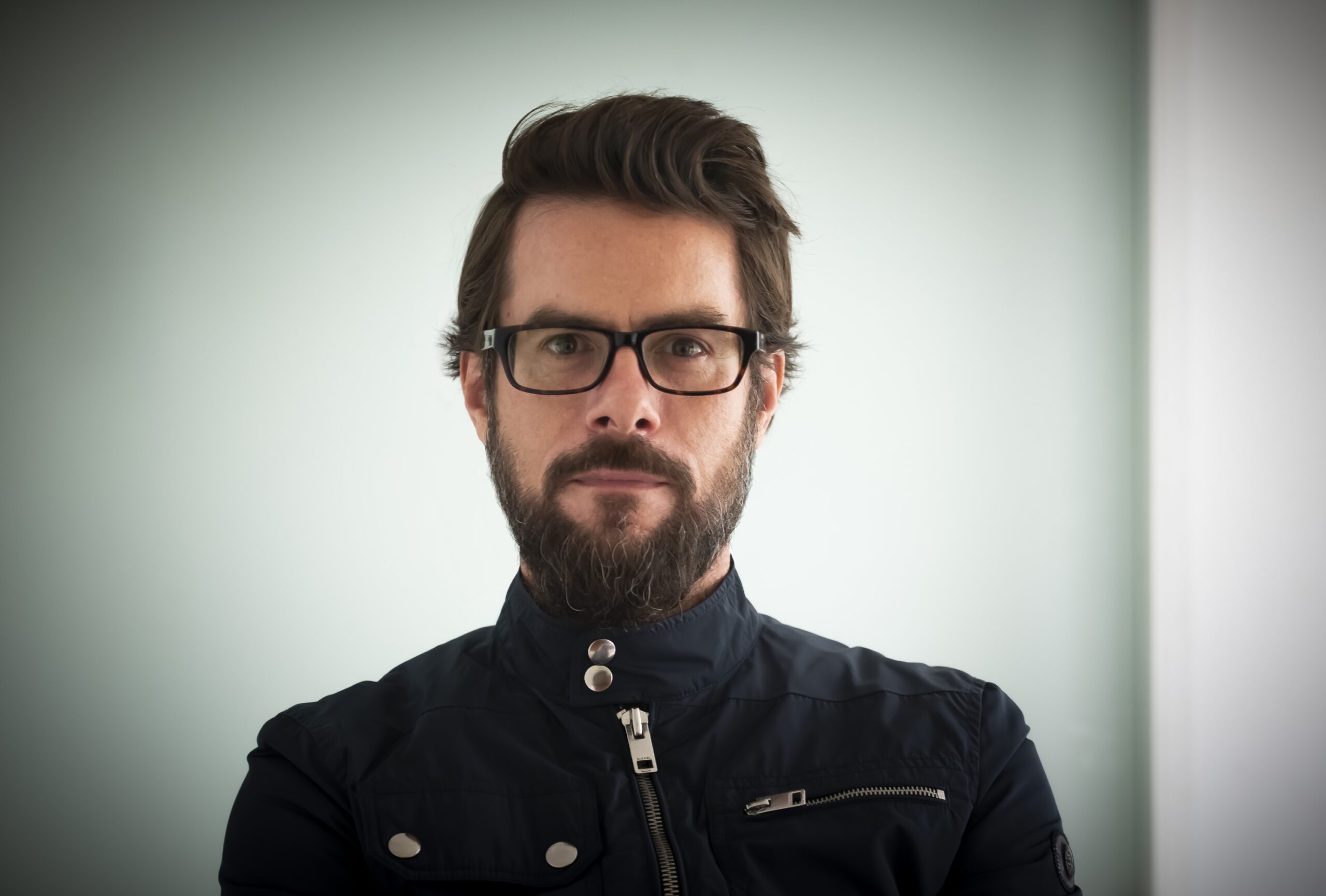
Dr. Sean Ahlquist
Associate Professor of Architecture, University of Michigan
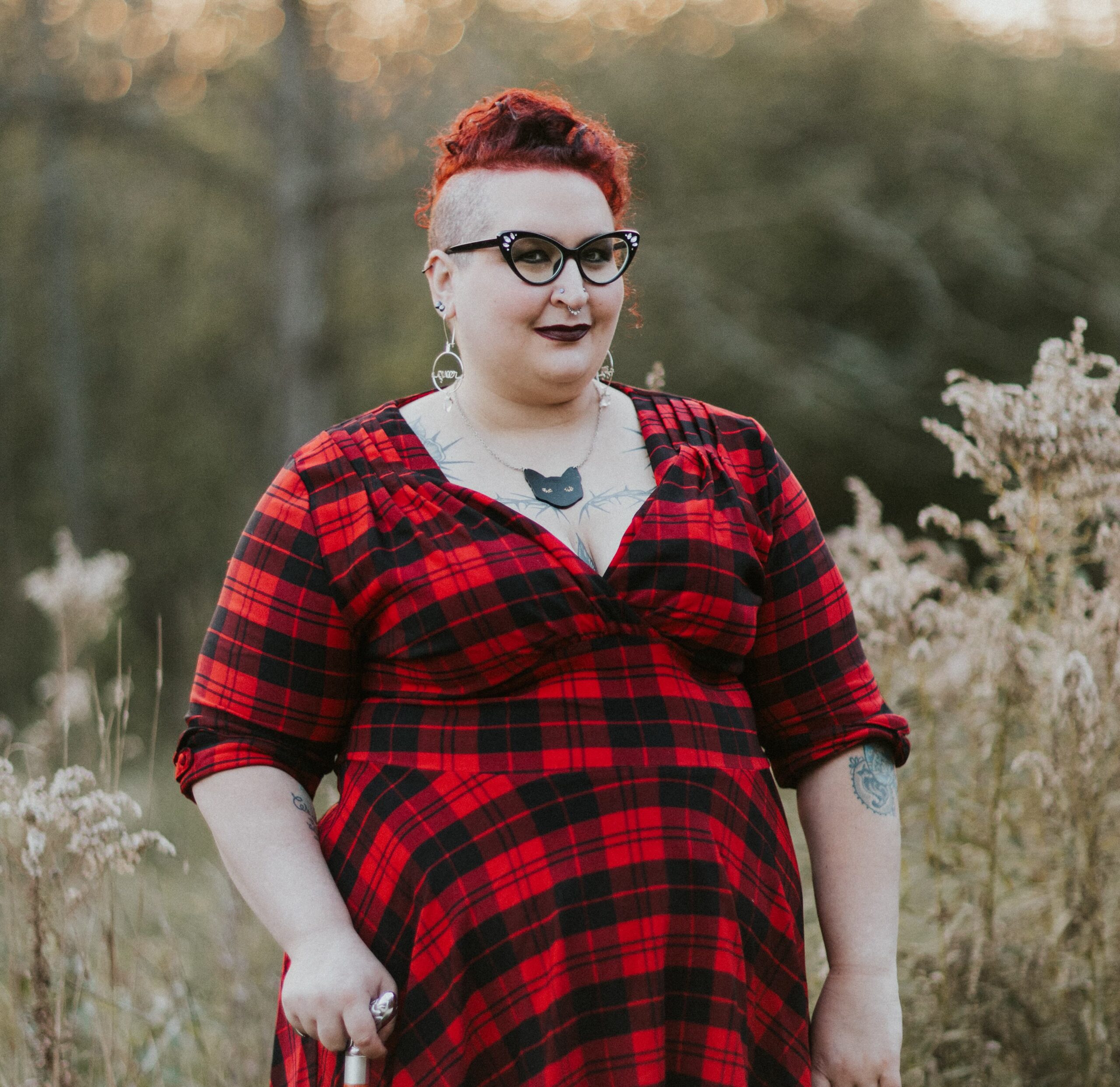
Dr. Shana Kattari
Associate Professor, University of Michigan
School of Social Work
Through their innovative and community-centered research, Dr. Kattari has shed light on the complex intersections of identity and health, with a particular emphasis on the experiences of transgender and gender-diverse individuals. Their work has challenged prevailing norms, highlighted systemic barriers to healthcare access, and provided critical insights into how societal stigma and discrimination impact the well-being of marginalized populations.
Dr. Kattari’s expertise extends beyond academic research, as they are also a passionate educator and mentor. As an associate professor, they work to guide and inspire future generations of scholars and advocates in the fields of social work and related disciplines. Dr. Kattari’s teaching approach emphasizes critical thinking, anti-carceral pedagogy, intersectional analysis, and the importance of centering the voices of marginalized communities.
In addition to their research and teaching, Dr. Kattari is an active and influential advocate, collaborating with organizations, policymakers, and healthcare providers to develop inclusive policies and practices. Their efforts have advanced the cause of culturally responsive and affirming care, helping to create more equitable and inclusive healthcare systems.
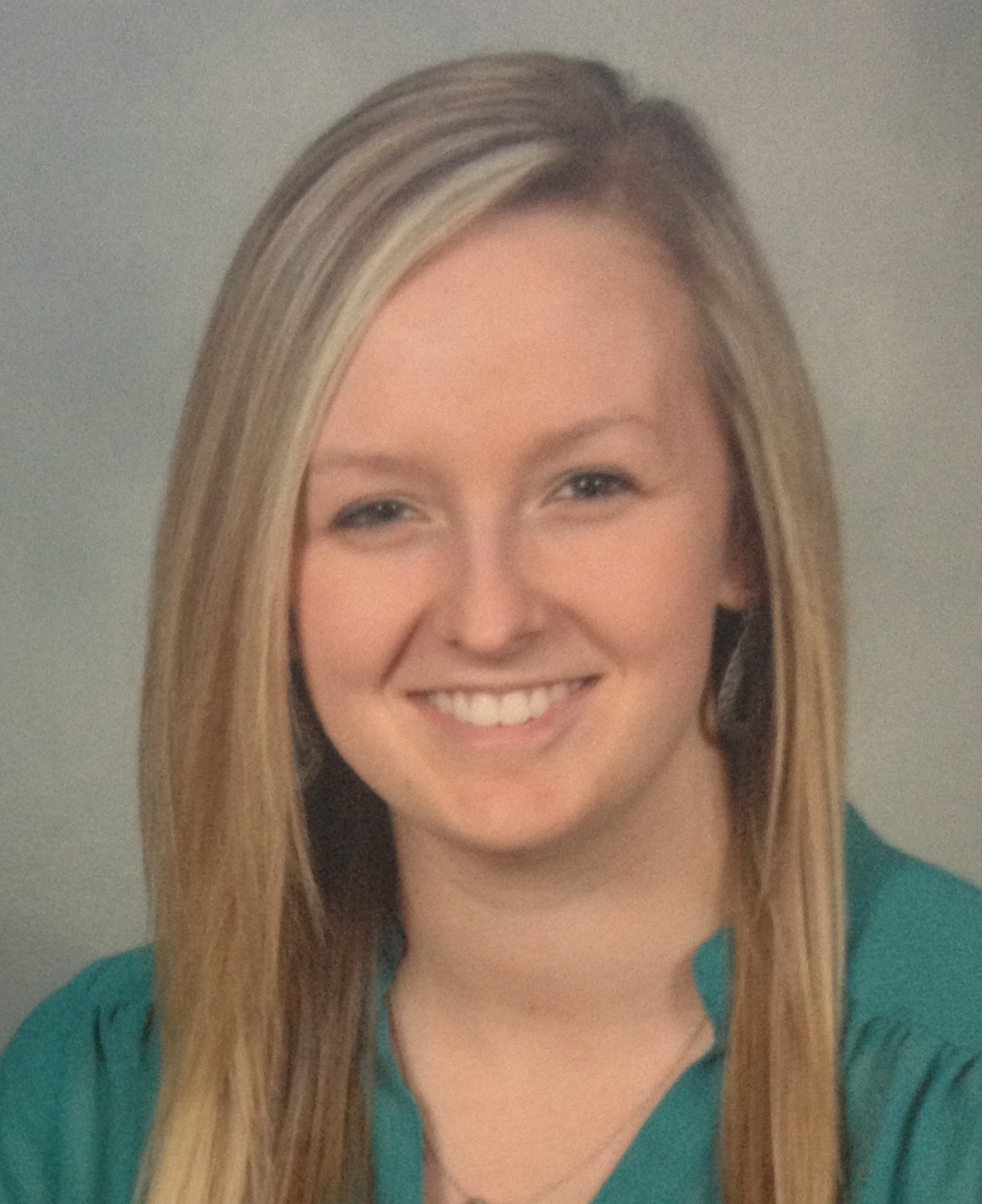
Lauren O’Connor
Accessibility Specialist, University of Michigan
Equity, Civil Rights and Title IX
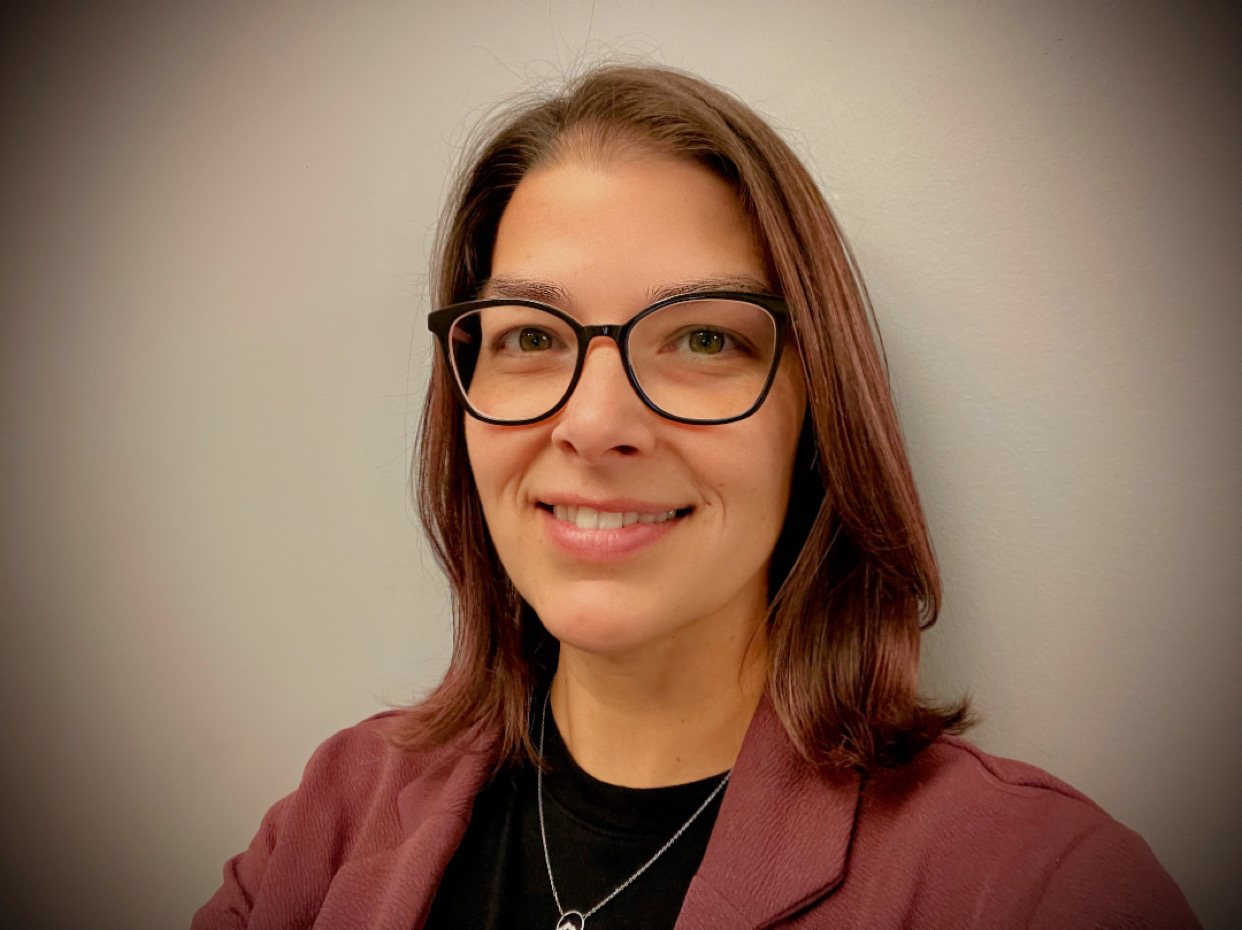
Erin Metz
Accessibility Specialist,
University of Michigan
Equity, Civil Rights and Title IX
Agenda at a Glance: An Overview of the Day’s Events
Beautiful Minds: Neurodiversity, Equity and Inclusion Conference
April 11, 2024
Time Speaker
| 8:30AM | Registration Opens, Coffee and light breakfast fare (Bitty and Beau’s) |
| 9:00AM | Welcome and Opening Remarks |
| 9:10AM | UROP Students – Liam Benton, Annalisa DeGuzman, Sally Mo, and Jenna Santamaria |
| 9:30AM | The Privilege of Raising a Neurodivergent Child presented by Dr. Megan Honor Pesch, Pediatrician & Specialist in Neurodiversity |
| 10:20AM | Living in a world that really wasn’t built for differently-wired brains: Experiences of neurodivergent faculty on U.S. college campuses presented by Dr. Shanna Kattari, Associate Professor, Social Work |
| 11:10AM | Motor Development in Neurodivergence presented by Dr. Haylie Miller, Assistant Professor, Kinesiology |
| 12:00PM | Lunch Sensorial Imagination in Play presented by Dr. Sean Ahlquist |
| 1:00PM | Neurodiversity in the Workplace presented by Dr. Lawrence Fung, Director, Stanford Neurodiversity Project, Director of the Neurodiversity Clinic |
| 2:00PM | Creating the Conditions for Inclusion: Investigating the Enablers and Barriers for Neurodivergent Staff and Students presented by Dr. Sara Timperley, Dr. Jessica Riordan and Dr. Matthew Harrison, Directors of the University of Melbourne Neurodiversity Project |
| 3:00PM | Introduction to Neuro-Inclusion and Disability-Centered Workspaces presented by ECRT |
| 3:45PM | HealingBlue MH&W App presented by Jack Seel |
| 4:00PM | Closing remarks and Networking |
University of Michigan Partners
Diamond Sponsor


Platinum Sponsors
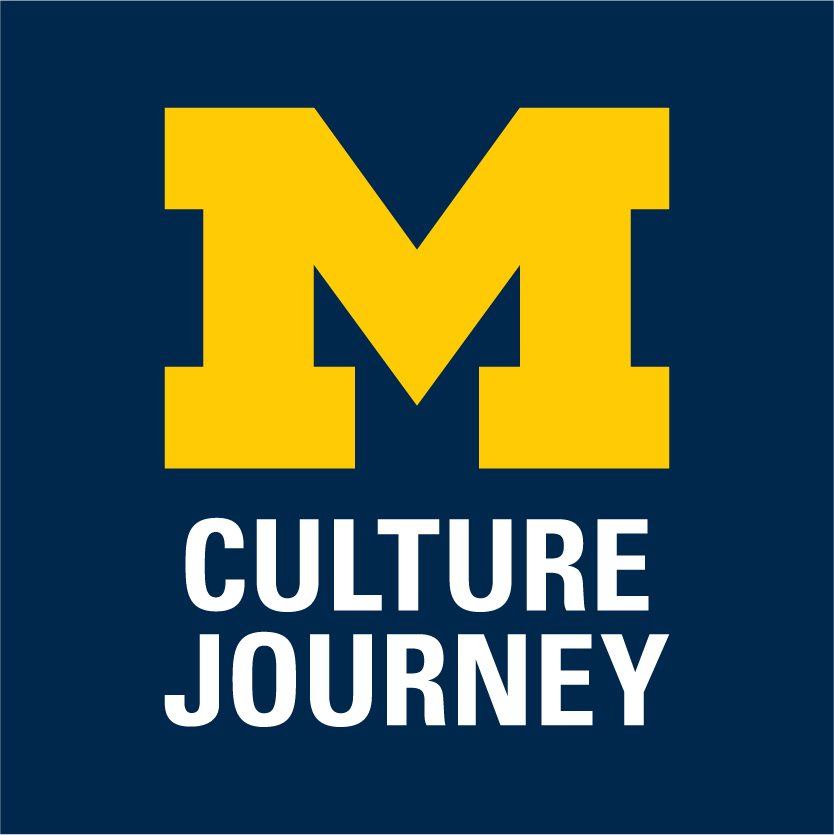
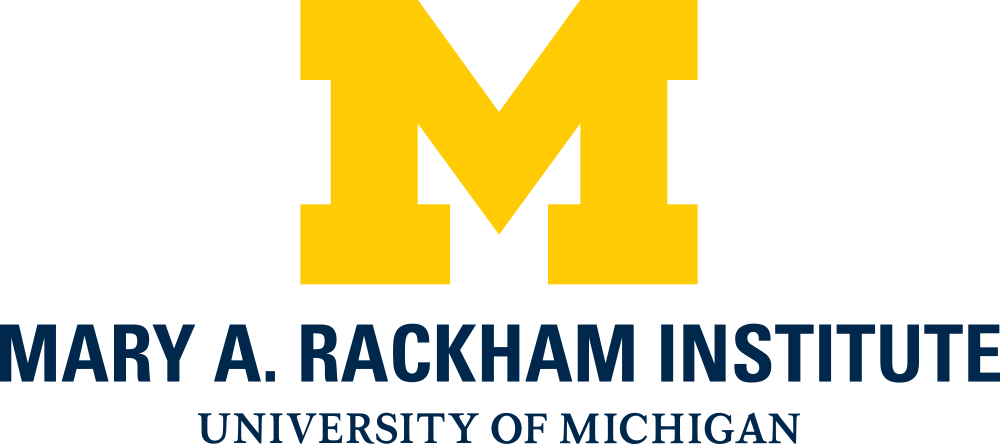
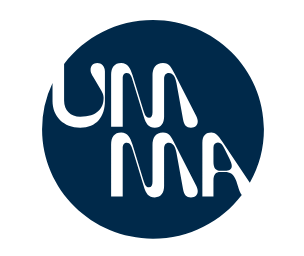

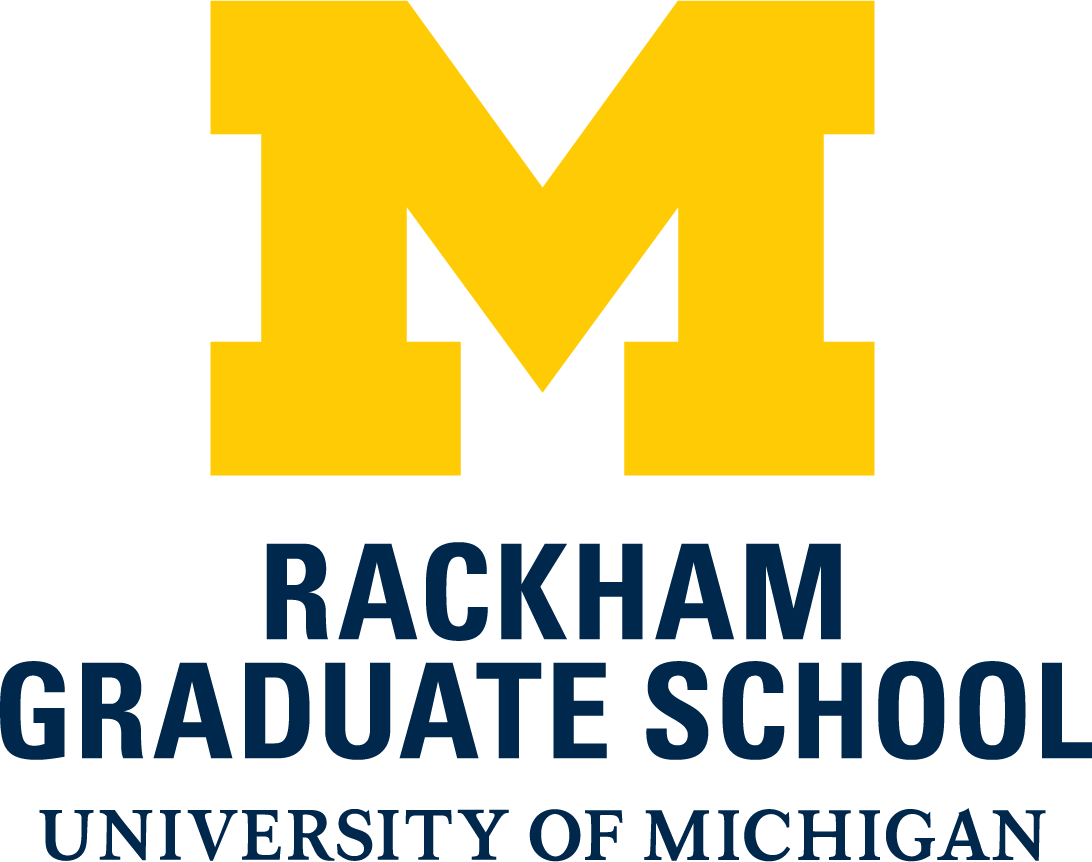
Gold Sponsors
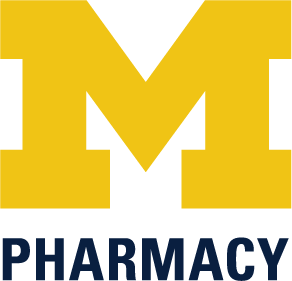
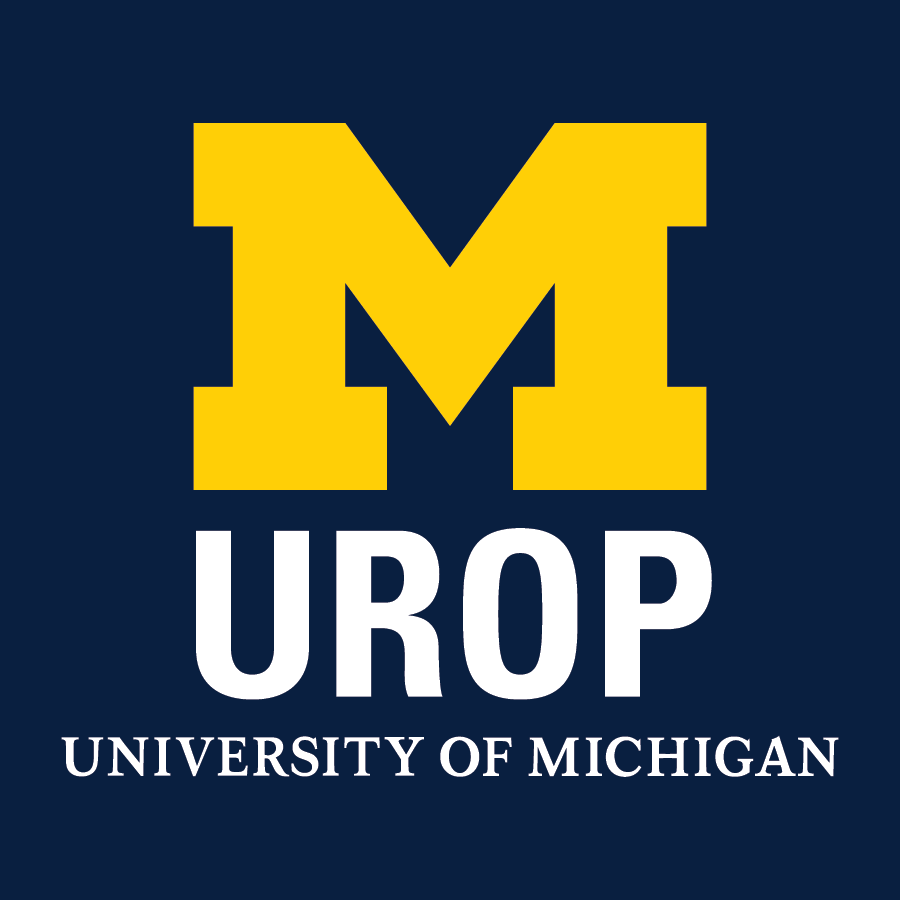
Silver Sponsors
